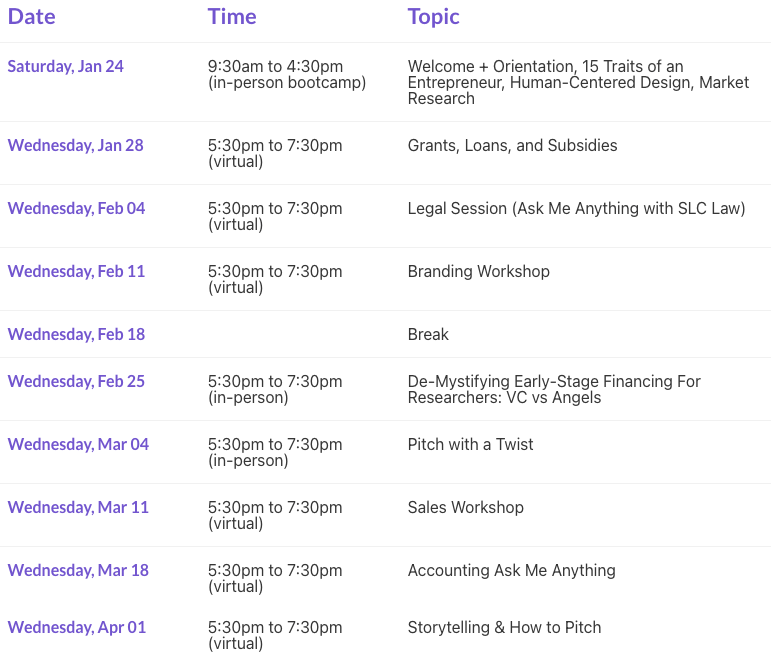Deaf AI is an AI-based sign-language interpretation service that strives to improve accessibility in the real and virtual world.
As technological developments rapidly shaped our world’s communication, some gaps of inclusivity have been left behind. Currently, there are limited options for those who are deaf or hard of hearing. Sign language services are not always an affordable or attainable option for grassroots organizations and small businesses, and when it comes to media consumption, subtitles are currently the only widely available option. However, the latter is not always a viable option for certain individuals.
If subtitles aren’t enough and sign language interpreters are unattainable, what choice is left?
This is where Deaf AI comes in.
The options for accessibility are limited and the Deaf AI team is set on diversifying those options. Deaf AI provides a solution that can make sign-language interpretation more available, affordable, and accessible.
The Deaf AI team has developed an AI-based virtual sign-language interpreter that appears on the corner of the screen. Like live transcription options, Deaf AI’s virtual interpreter can detect audio and produce real-time translation.
“We want to make a transition from human-based sign language interpreters to AI-based sign language interpreters,” Deaf AI founder, Mehdi Masoumi says.
For Masoumi, it was the Covid-19 media coverage – in which human interpreters were utilized in the news – that got him thinking about the importance of sign-language interpretation in emergency situations.
“After that, I thought, ‘What if we can extend sign language services to other aspects of public life, not just for emergency situations?’” he said.
The demand for sign-language interpreters is growing within sectors such as education, healthcare and entertainment. The problem, however, is the deficit of interpreters and the service providers that can acquire them.
To Deaf AI, service providers mean anyone who wants to make their services more accessible – from individuals to grassroots businesses, to large organizations and other services in public life.
Human interpreters can take weeks to book, but Deaf AI’s subscription model would provide sign-language interpretation services on demand. This acts as an affordable option for users, service providers, businesses, and organizations to improve their accessibility and communication.
Deaf AI fulfills the need for sign language accessibility within the real and virtual world, striving to fill those gaps by working toward a more accessible era of communication for deaf individuals.
“The future is always something that comes with uncertainty, and uncertainty makes opportunity,” Masoumi says. “We hope that the future of Deaf AI will be the future of the communication for deaf people. Actually, I would say the new era of communication.” For more information, visit: https://www.deaf-ai.com/


